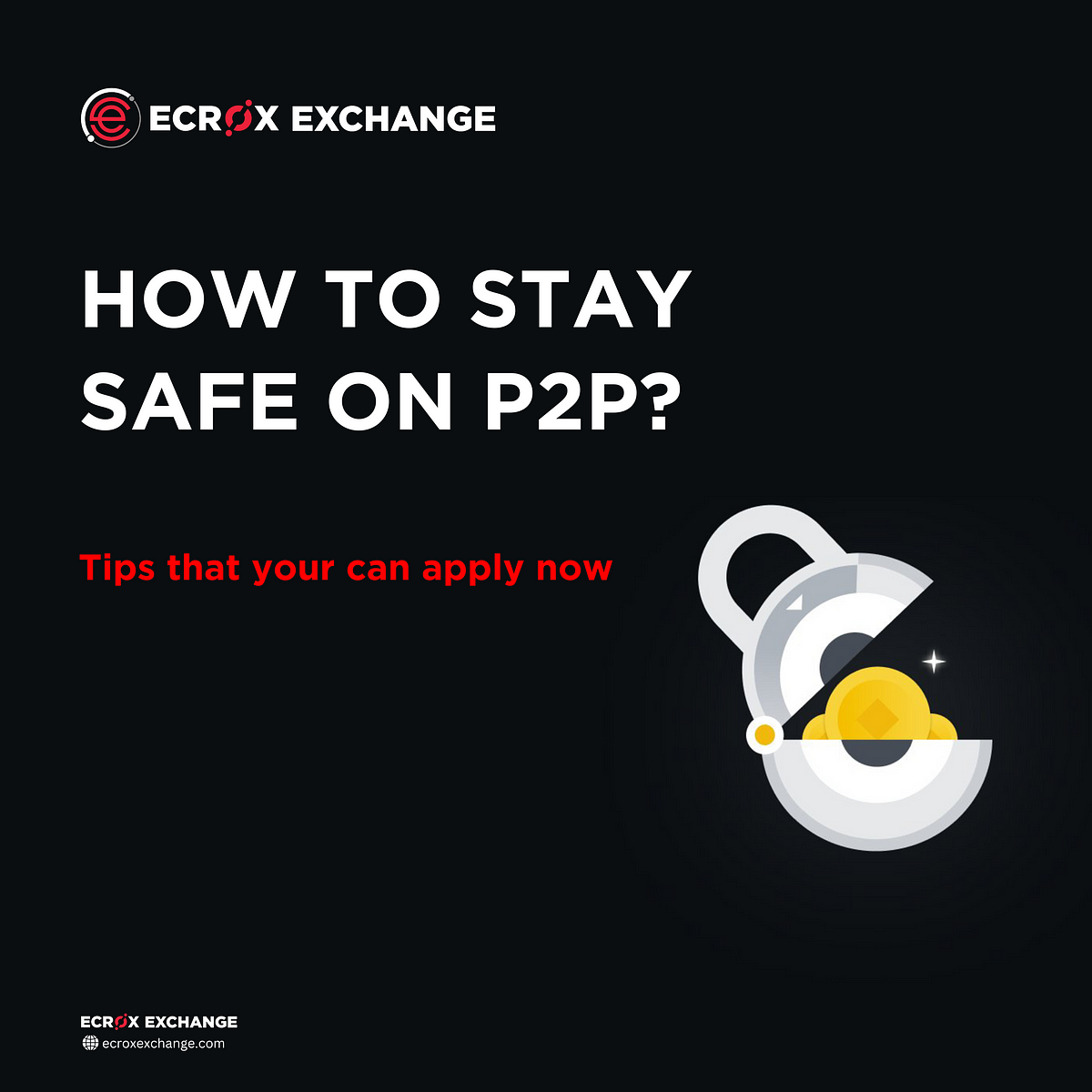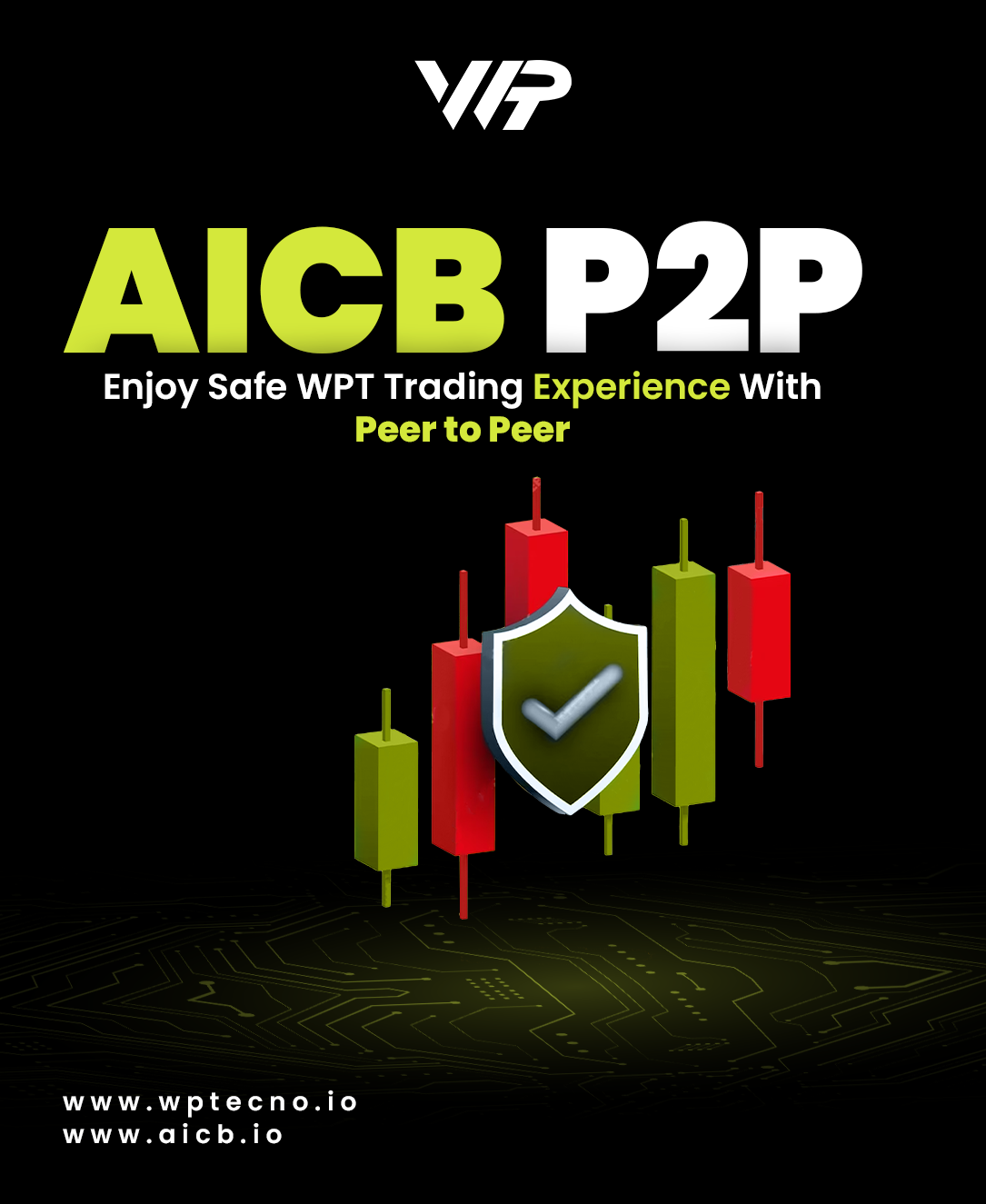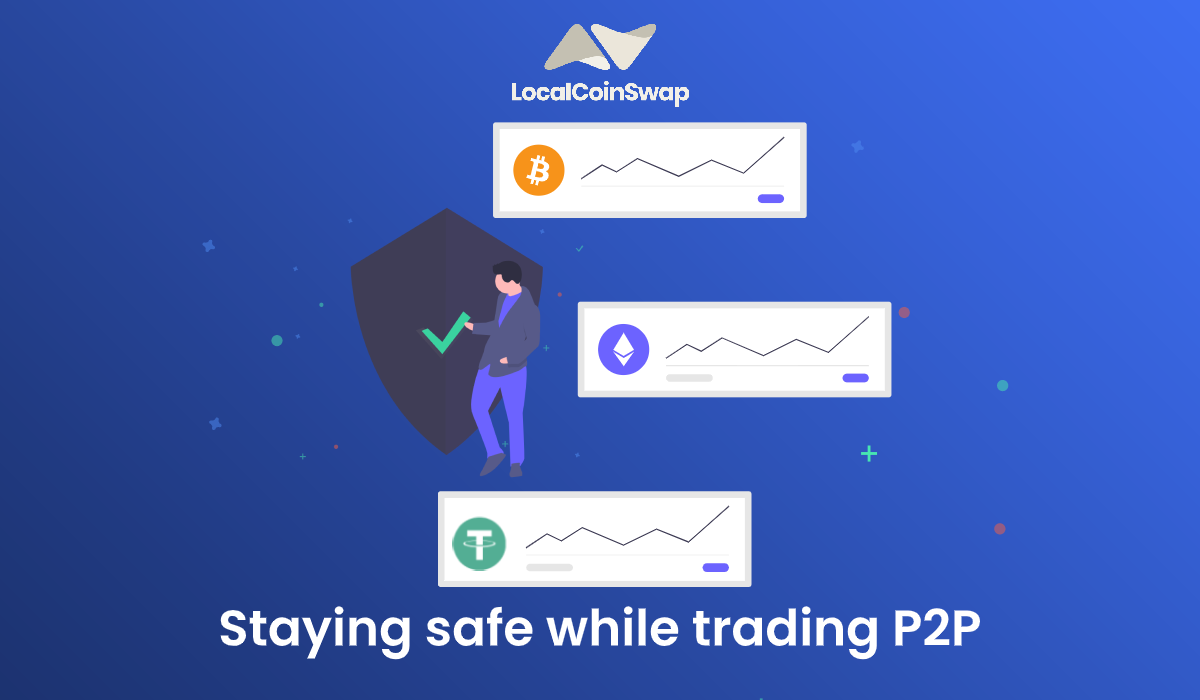Sensational Tips About Are P2P Safe

Is P2P Lending Safe? Learn All About It!
Navigating the Peer-to-Peer Maze
1. Understanding the Risks and Rewards of P2P File Sharing
So, you've heard about P2P networks, huh? Maybe a friend mentioned grabbing a cool movie or song, or perhaps you stumbled upon a forum discussing shared files. But before you dive headfirst into this digital ocean, let's talk about safety. "Are P2P safe?" is a question that deserves some serious attention. Because, frankly, the answer isn't a simple yes or no. It's more like a "maybe... with a whole lot of caveats."
P2P, or peer-to-peer, networks essentially let you download files directly from other users, rather than from a central server. Think of it like borrowing a cup of sugar from your neighbor instead of going to the store. Sounds convenient, right? It can be. But what if your neighbor's sugar bowl also contains, oh, I don't know, a colony of ants? Or worse, glitter? That's where the potential problems arise.
One of the biggest risks is malware. When you download files from unknown sources, you're essentially opening your computer's front door to whatever lurks within those files. Viruses, Trojans, and other nasty bits of code can hitch a ride, turning your once-happy computer into a glitchy, slow-moving digital zombie. Not fun.
And let's not forget about legal issues. Sharing copyrighted material without permission is a big no-no. Downloading that new blockbuster movie before it's even out in theaters? That's a copyright infringement party waiting to happen, and you might find yourself on the guest list, facing hefty fines or worse. Ouch!

The Danger Zone
2. Unmasking the Hidden Dangers in File Sharing
Okay, so we've established that P2P networks can be risky. But what specific threats should you be aware of? Buckle up, because we're about to delve into the murky depths of P2P dangers.
First up: malware disguised as legitimate files. Clever hackers can rename viruses to look like your favorite songs or movies. One click, and BAM! Your system is infected. It's like a digital wolf in sheep's clothing, ready to pounce on your unsuspecting computer.
Then there's the threat of spyware. This sneaky software can lurk in the background, tracking your online activity and stealing sensitive information like passwords and credit card details. Imagine someone constantly looking over your shoulder while you browse the internet. Creepy, right? That's spyware in a nutshell.
Phishing scams are also prevalent on P2P networks. Scammers might try to trick you into revealing personal information by posing as legitimate companies or organizations. Always be wary of unsolicited emails or messages asking for your passwords or financial details. If it sounds too good to be true, it probably is.
Another, often overlooked, risk is the sharing of personal information. Many P2P programs automatically share files from your computer, even files you didn't intend to share. This could inadvertently expose sensitive documents, photos, or other personal data to the entire network. Think about that embarrassing photo from your last birthday partydo you really want the whole world to see it?

How To Stay Safe On P2p? Ecrox Exchange Medium
Safe P2P Practices
3. Practical Steps to Protect Your Data on P2P Networks
Alright, don't panic! While P2P networks can be risky, there are steps you can take to minimize the danger. Think of these as your digital armor, protecting you from the various threats lurking in the P2P world.
First and foremost, install a reputable antivirus program and keep it updated. This is your first line of defense against malware. A good antivirus program will scan files before you download them, alerting you to any potential threats. It's like having a vigilant security guard stationed at your computer's front door.
Be selective about the files you download. Only download from trusted sources and be wary of files with unusual extensions or names. If a file name looks suspicious, it probably is. Trust your gut instinct.
Use a firewall to block unauthorized access to your computer. A firewall acts as a barrier between your computer and the outside world, preventing hackers from gaining access to your system. Think of it as a digital gatekeeper, only allowing authorized traffic to pass through.
Consider using a virtual private network (VPN) to encrypt your internet traffic and hide your IP address. This can help protect your privacy and prevent your activity from being tracked. A VPN is like putting on a disguise before venturing out into the digital world, making it harder for others to identify you.

Exploring Alternatives
4. Beyond P2P
If the risks of P2P are making you nervous, don't worry! There are plenty of safer alternatives for sharing and downloading files. These options offer greater security and peace of mind, without the potential downsides of P2P networks.
Cloud storage services like Google Drive, Dropbox, and OneDrive provide a secure way to store and share files. These services use encryption to protect your data and offer features like password protection and access controls. It's like having a secure digital vault for your files, accessible from anywhere.
Streaming services like Netflix, Spotify, and Apple Music offer a legal and convenient way to access movies, music, and TV shows. While you don't actually own the content, you can stream it on demand without worrying about copyright infringement or malware. It's like renting a movie instead of buying a potentially dodgy copy from a street vendor.
Legal download sites like Amazon Music, iTunes, and Google Play offer a wide selection of music, movies, and TV shows for purchase. These sites ensure that the content is legitimate and free from malware. It's like buying your groceries from a reputable supermarket instead of a questionable back alley.
Finally, consider using secure file transfer services like WeTransfer or Send Anywhere for sharing large files with friends or colleagues. These services use encryption and offer features like password protection to ensure that your files are delivered securely. It's like sending a package through a trusted courier instead of leaving it on your doorstep.

The Verdict
5. Making Informed Decisions About P2P Networks
So, back to our original question: "Are P2P safe?" As you've probably gathered by now, the answer is a resounding "it depends." P2P networks can be a convenient way to share and download files, but they also come with significant risks. Whether or not they're "safe" for you depends on your level of awareness, your security practices, and your tolerance for risk.
If you're willing to take the necessary precautions, like using a strong antivirus program, being selective about the files you download, and using a VPN, you can minimize the risks. However, if you're not comfortable with the potential dangers, there are plenty of safer alternatives available.
Ultimately, the decision of whether or not to use P2P networks is a personal one. Weigh the pros and cons carefully, consider your own security needs, and make an informed choice. And remember, when it comes to online safety, a little bit of caution can go a long way.
Think of it like this: driving a car can be dangerous, but with proper training, seatbelts, and following traffic rules, you can significantly reduce the risk. The same applies to P2P networks. Be informed, be cautious, and be responsible.

FAQ
6. Q
A: Unfortunately, yes. This is one of the biggest risks. Always scan downloaded files with a reliable antivirus program before you open them. Consider it a digital health check!
7. Q
A: Sharing copyrighted material without permission is definitely illegal. Downloading movies, music, or software that you haven't paid for can lead to fines or even legal action. Stick to legal download sources or streaming services to stay on the right side of the law.
8. Q
A: While a VPN adds a layer of security by encrypting your traffic and hiding your IP address, it's not a foolproof solution. It won't protect you from downloading malware or from the legal consequences of sharing copyrighted material. Use it as part of a comprehensive security strategy, not as a magic shield. Think of it like wearing a helmet while riding a bike; it helps, but doesn't eliminate all risk.